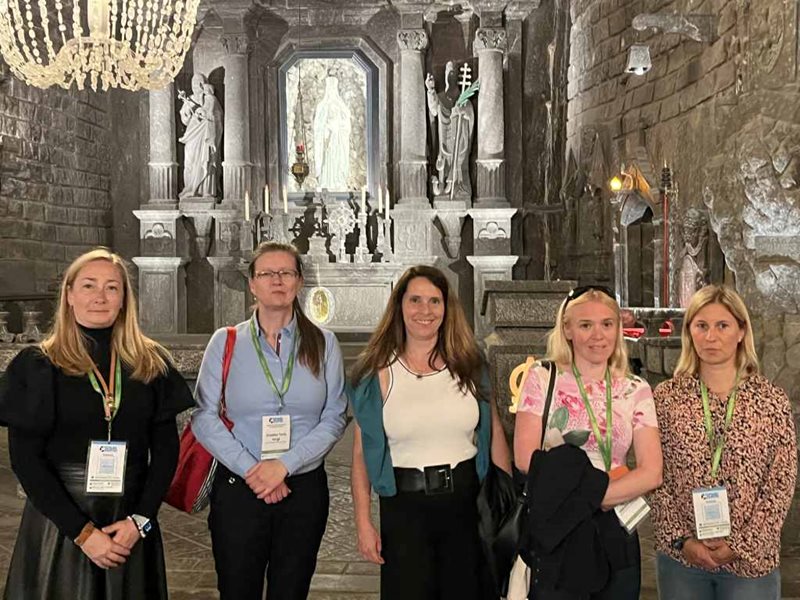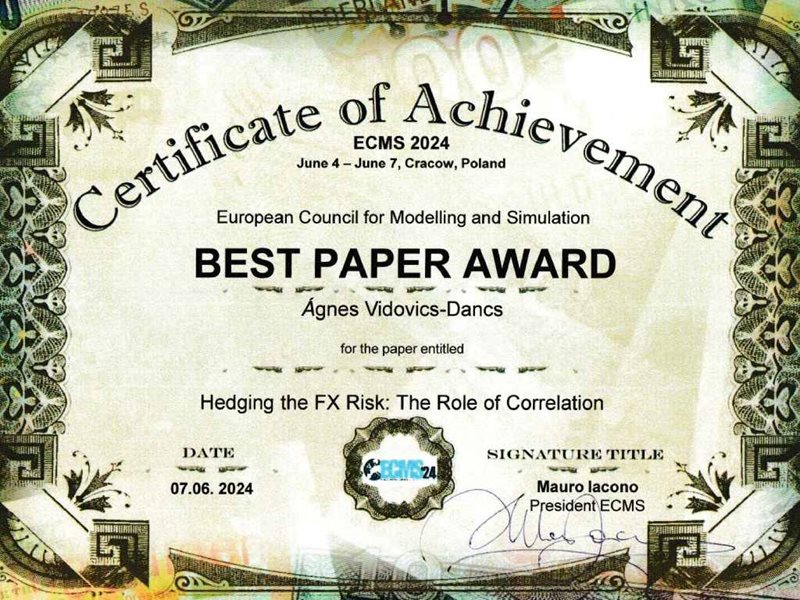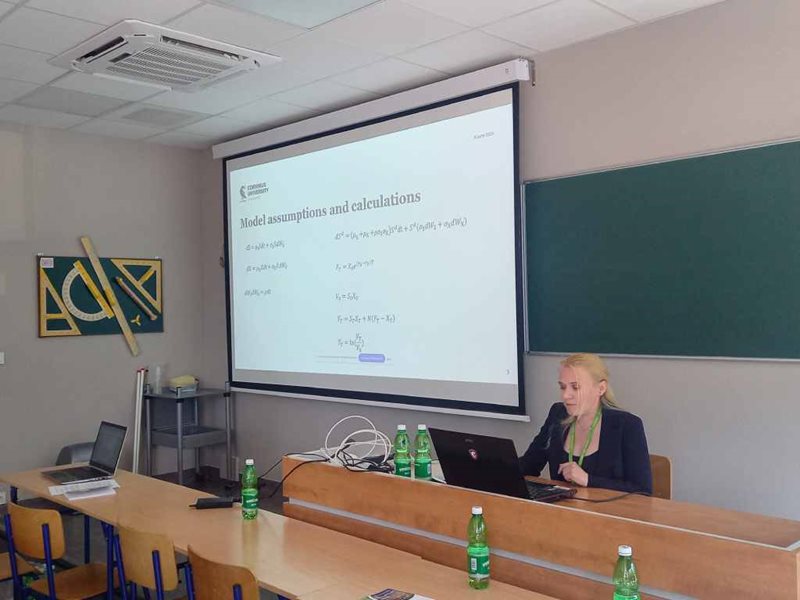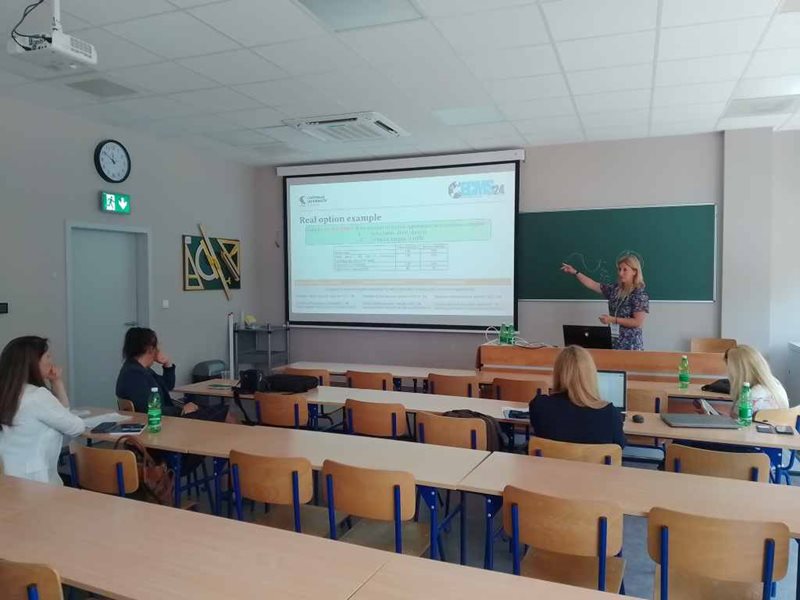Corvinus researcher wins Best Paper Award at ECMS International Conference
_20240619145108_0.jpg)
The 38th ECMS International Conference on Modelling and Simulation was held in Krakow, Poland, from June 4th to 7th, 2024. This interdisciplinary event where the Finance, Economics, and Social Sciences (FES) section is organized by the Institute of Finance at Corvinus University of Budapest, featured over 80 scientific presentations, with participants from approximately 20 countries.
The conference focused on applying modeling and simulation to address various macro and microeconomic issues, particularly those relevant to the Visegrád Group (Hungary, Slovakia, Poland, and the Czech Republic). Our institute was represented by six colleagues: Dr. Ágnes Vaskövi, Dr. Erzsébet Teréz Varga, Dr. Ágnes Vidovics-Dancs, Dr. Kata Váradi, Dr. Emília Németh-Durkó, and Dr. Zsuzsanna Tamásné Vőneki.

Dr. Ágnes Vidovics-Dancs explored challenges in financial risk management, focusing on hedging foreign exchange risks. Her research demonstrated the complexities and potential pitfalls of using traditional hedging methods, emphasizing the need for more sophisticated regulatory definitions, with her research being recognized with the Best Paper Award at the conference.

Dr. Ágnes Vaskövi presented her research on the impact of non-standard employment forms on women’s labor force participation. Using data from the EUROSTAT Labour Force Survey, she concluded that women with higher education and those living in urban areas are more likely to opt for temporary or part-time employment.
Dr. Kata Váradi, Head of our Institute, discussed the valuation of ComEx options, a novel type of financial derivative. She highlighted the advantages of ComEx options over traditional Margrabe options in terms of funding liquidity.

Dr. Erzsébet Teréz Varga investigated the effectiveness of family tax allowances in reducing poverty among single-parent and dual-earner households in the Visegrád countries. Her findings indicated that while tax allowances had some impact, they were not uniformly positive across all countries. With significant benefits observed only in dual-earner families in the Czech Republic.
Dr. Emília Németh-Durkó (online participant) examined the potential of green bonds to stimulate green innovation, confirming the hypotheses with a fixed-effects panel regression model, although the impact of green bond issues is smaller than other variables (GDP or even R&D expenditures) in terms of stimulating innovation. Patenting is a long legal process, so the research will be continued by applying the ARDL model that can handle time-varying shifts.

Lastly, Dr. Zsuzsanna Tamásné Vőneki, Head of the Department of Macrofinance, analyzed ESG factors in the banking sector, developing an index to measure how banks in the Visegrád countries integrate these factors into their risk management practices, finding significant influences from GDP per capita and bank size.